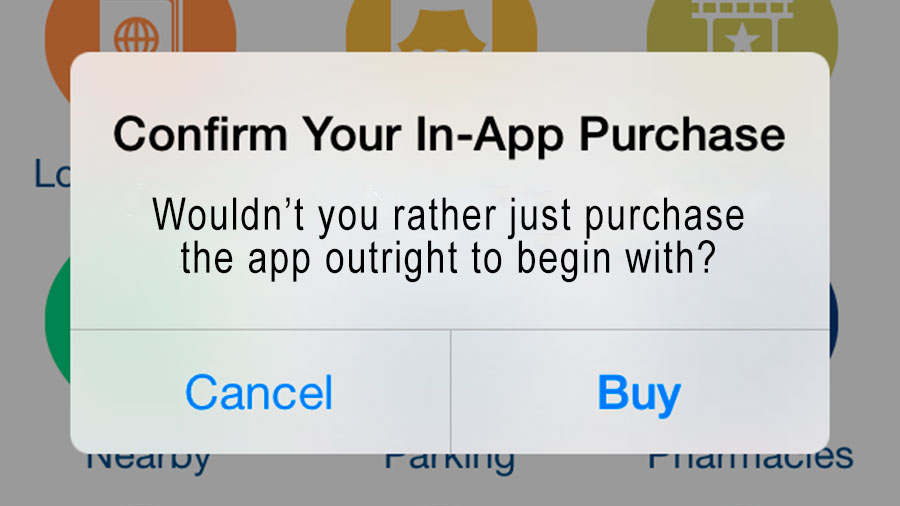Apple settles with government over kids in-app purchases, whines a little
In-app purchase rules also required to change

Apple has reached a settlement with the US Federal Trade Commission regarding children's relatively easy access to in-app purchases through the iTunes store.
The company has to pay a minimum of $32.5 million (about £19.8m, AU$36.4m) to outraged parents who discovered that their kids racked up charges without their permission.
This often occurred within colorful, seemingly innocent microtransaction-laden games marketed as "free to download." Unbeknownst to many parents, many of these games center around virtual currency that costs real-life money.
Because Apple only required a password for in-app purchase every 15 minutes, it allowed kids to download an unlimited number of in-app purchases in this brief window.
Calculating the complaints
The Commission noted that charges generally ranged from $.99 (about £.60, AU$1.11) to $99.99 (about £61, AU$112) per in-app purchase.
"One consumer reported that her daughter had spent $2,600 in the app 'Tap Pet Hotel,'" noted the FTC in a statement today.
"Other consumers reported unauthorized purchases by children totaling more than $500 in the apps 'Dragon Story' and 'Tiny Zoo Friends.'"
Sign up for breaking news, reviews, opinion, top tech deals, and more.
In addition to paying the fine, Apple is being forced to modify its billing practices by March 31 to ensure it obtains consumers' express consent for in-app buys.
Tim Cook's response
Apple was able to negotiate the settlement down to its current total, but CEO Tim Cook isn't pleased with the end result, according to an email to employees.
"Last year, we set out to refund any in-app purchase which may have been made without a parent's permission," said Cook via to 9to5Mac.
Emails went out 28 million App Store customers who had downloaded in-app purchases in games designed for kids. If the email bounced, Apple mailed the parents postcards, according to his message.
"It doesn't feel right for the FTC to sue over a case that had already been settled. To us, it smacked of double jeopardy."
Of course, Apple received a paltry 37,000 claims in response to its email and postcard campaign. The amount paid out is likely a fraction of today's settlement total.
What happens to the money if Apple doesn't find affected customers who care about misrepresented microtransactions again? In 12 months, it still has to pay the fine - to the commission.
